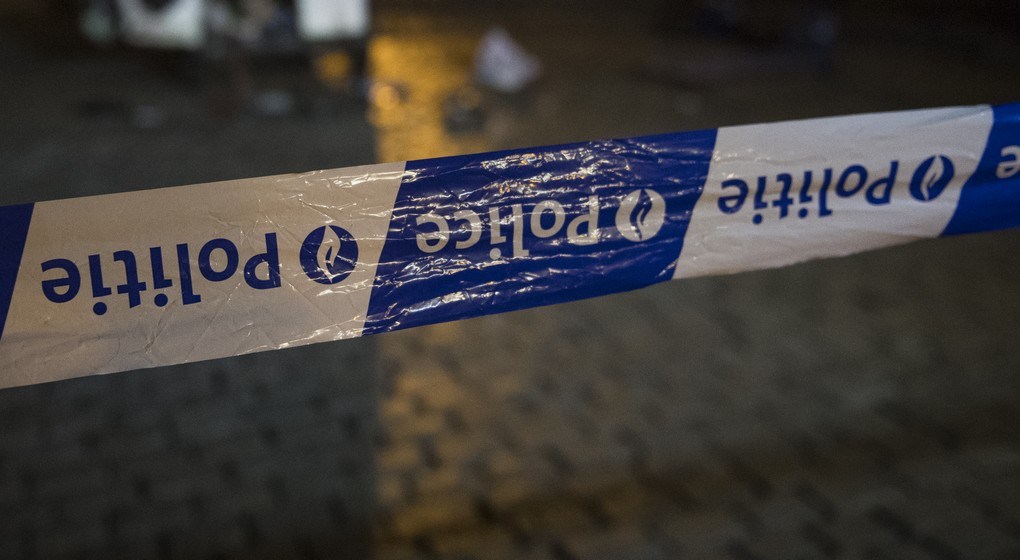On Tuesday morning, police raided dozens of locations in Belgium as part of an international police investigation into cocaine trafficking via the ports of Antwerp and Rotterdam.
The police raided 49 locations in Belgium: 30 house searches in the district of Brussels, 17 in the district of Antwerp, one in Sint-Pieters-Leeuw and another one in Sint-Niklaas, according to the Federal Public Prosecutor's Office said.
"In Belgium, 30 people were arrested," the public prosecutor said in a press release on Tuesday. "They will be brought before the investigating judge within 48 hours."
The operation is supported by Europol, and about 60 house searches were carried out simultaneously in Spain, Italy, Germany, Croatia and the Netherlands as well. It concerns a Belgian/Spanish investigation, focusing on mafia from Eastern Europe – mainly Albania, according to reports in local media – located in Belgium.
Related News
- Operation Sky ECC: more arrests in organised crime network
- Operation Sky ECC: Major arrests and another large scale operation
- 1.6 tonnes of drugs, 27 suspects: Belgian police bust major gang
The Albanian mafia is also thought to have links with the Italian mafia in the province of Limburg, the public prosecutor said.
Specifically, the investigation is said to focus on the import and trafficking of cocaine through the ports of Rotterdam and Antwerp, where gangs in Belgium would have played a central role in the importation to Italy and Spain, among other countries.
This means it concerns an existing investigation, in which new data and information was discovered after the cracking of the encrypted Sky ECC telephones in spring last year, taking the investigation "to quite different proportions."
Contacts have also been established in several South American countries, such as Brazil, Ecuador, Colombia, Peru, Bolivia and Paraguay.
What was Sky ECC again?
In March 2021, police simultaneously raided 200 addresses in Belgium in one of the country's biggest police operations to date.
The investigation revolved around Sky ECC's encrypted phones, which suspected drug criminals used to communicate secretly with each other. Investigators had been able to intercept and crack millions of messages, which led to some 50 arrests in March.
In the days, weeks and months that followed, however, many more people were arrested, ranging from lawyers and civil servants to a police detective and a customs officer.
Many public prosecutors have launched investigations since then, and about 500 suspects are currently in prison awaiting their investigation and possible trial, according to Federal Justice Minister Vincent Van Quickenborne.
Last month in Antwerp, the first Sky ECC trial was started against a hospital employee who was alleged to have passed on information from the national register to drug criminals.
Decrypting the millions of messages gave investigators insight into the workings of the drug world, especially the cocaine trade via the port of Antwerp. Earlier, the authorities already indicated that it would take a long time to decipher all these messages and to identify new suspects.

